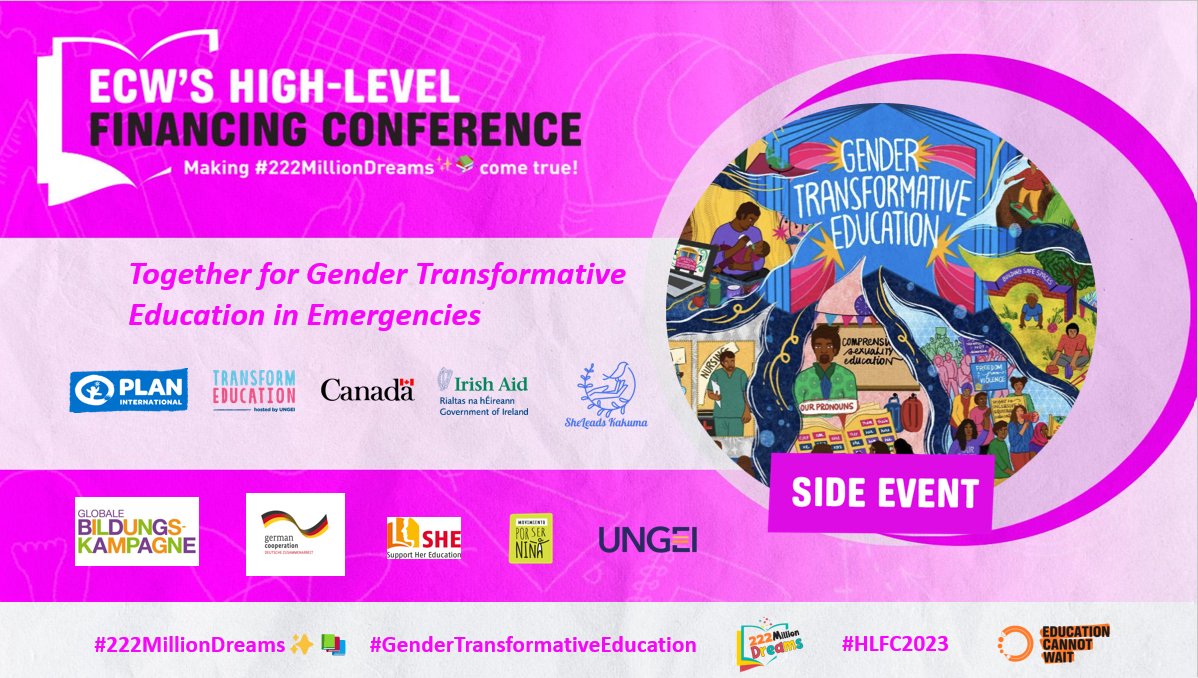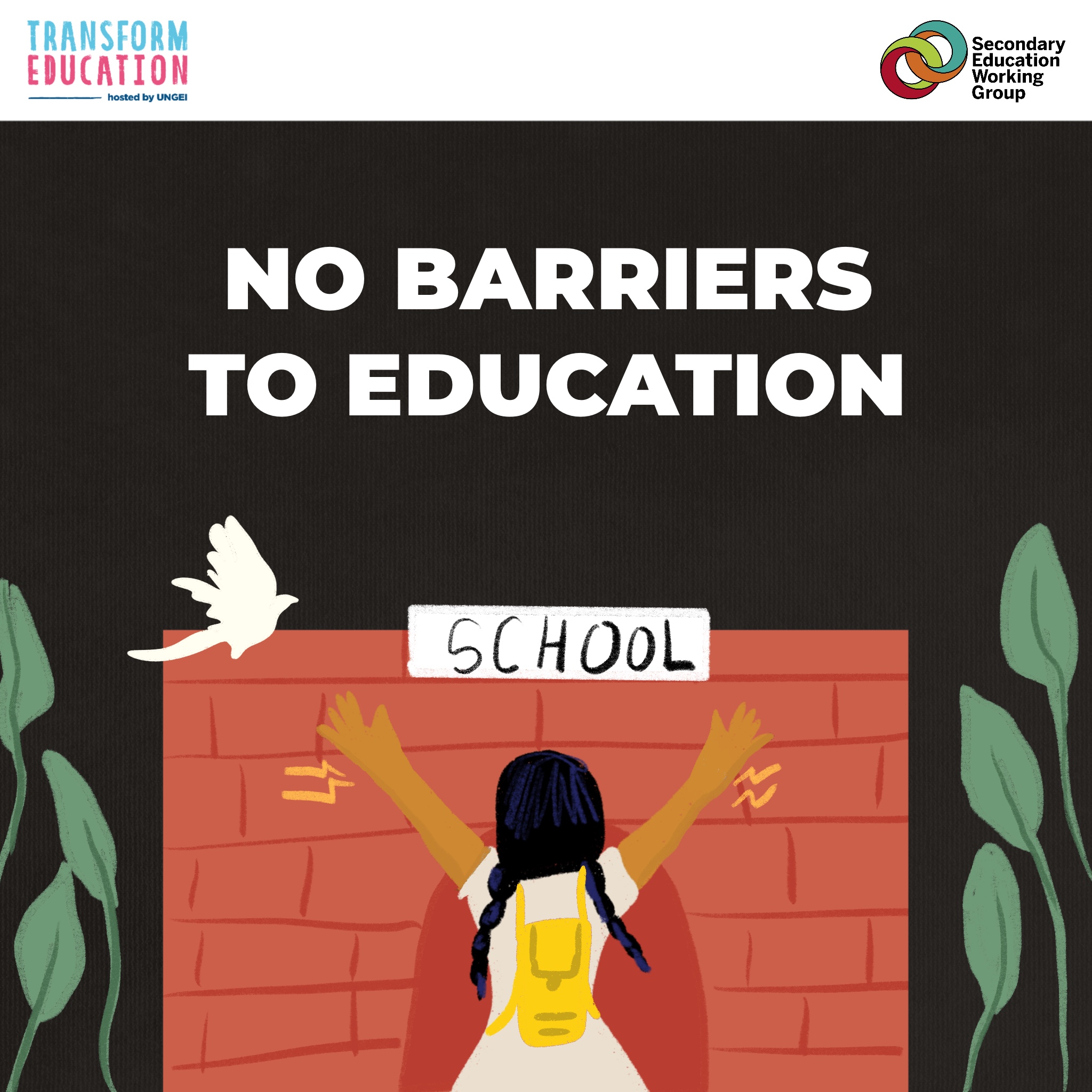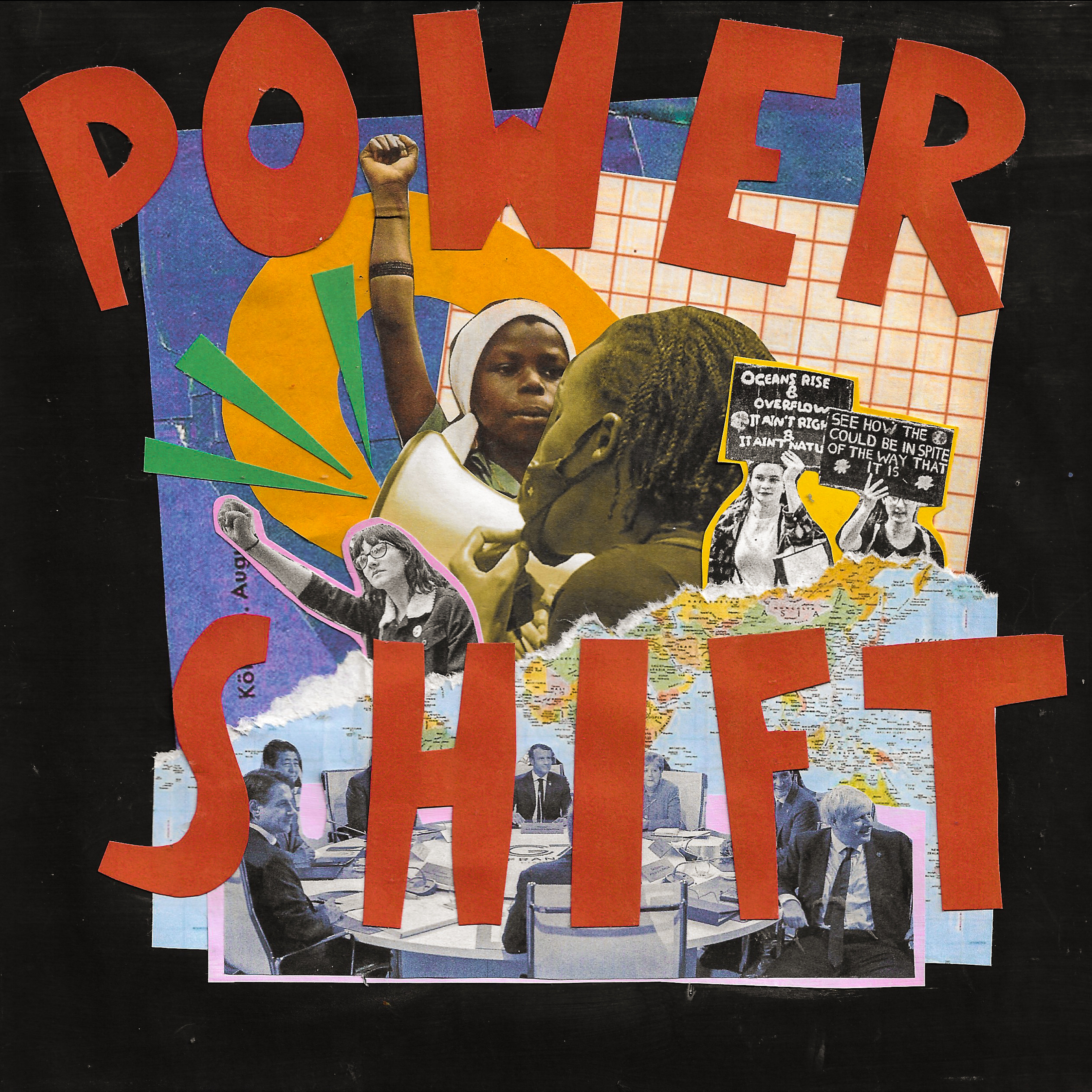On the 10th anniversary of the International Day of the Girl, girls in Afghanistan are banned from accessing secondary education. In Iran, following the murder of 22 year old Mahsa Amini, women face violence from authorities while fighting for a better future for girls and women. Worldwide, more than 90% of children have had their education interrupted by COVID-19 (UN.org). For girls and young women, this has additional consequences.
Girls rights globally are under threat. Girls’ education is in crisis in many countries. Feminist leadership is needed more than ever.
Feminist leaders, including girls themsleves, are mobilizing in their communities to transform education for girls. In September, UNGEI convened 34 feminist leaders, including civil socity organizations leaders and young feminist activists. Today and every day, we are honoring their work and the work of countless feminist leaders advancing the rights of girls to access quality, safe, gender transformative education.
During the September convening, UNGEI director Antara Ganguli asked, “Why isn’t the right to education - a deeply fundamental right - being taken up with the power and passion of movements?”
This visual essay highlights the reflections of the Global Feminist Education Coalition members who do see education as a movement. Their stories, experience and expertise can show us what’s missing in global work for education justice and how we can get there through gender transformative approaches.
All people should have access to feminist, anti-patriarchal, anti-racist, anti-colonialist education that respects our identities.
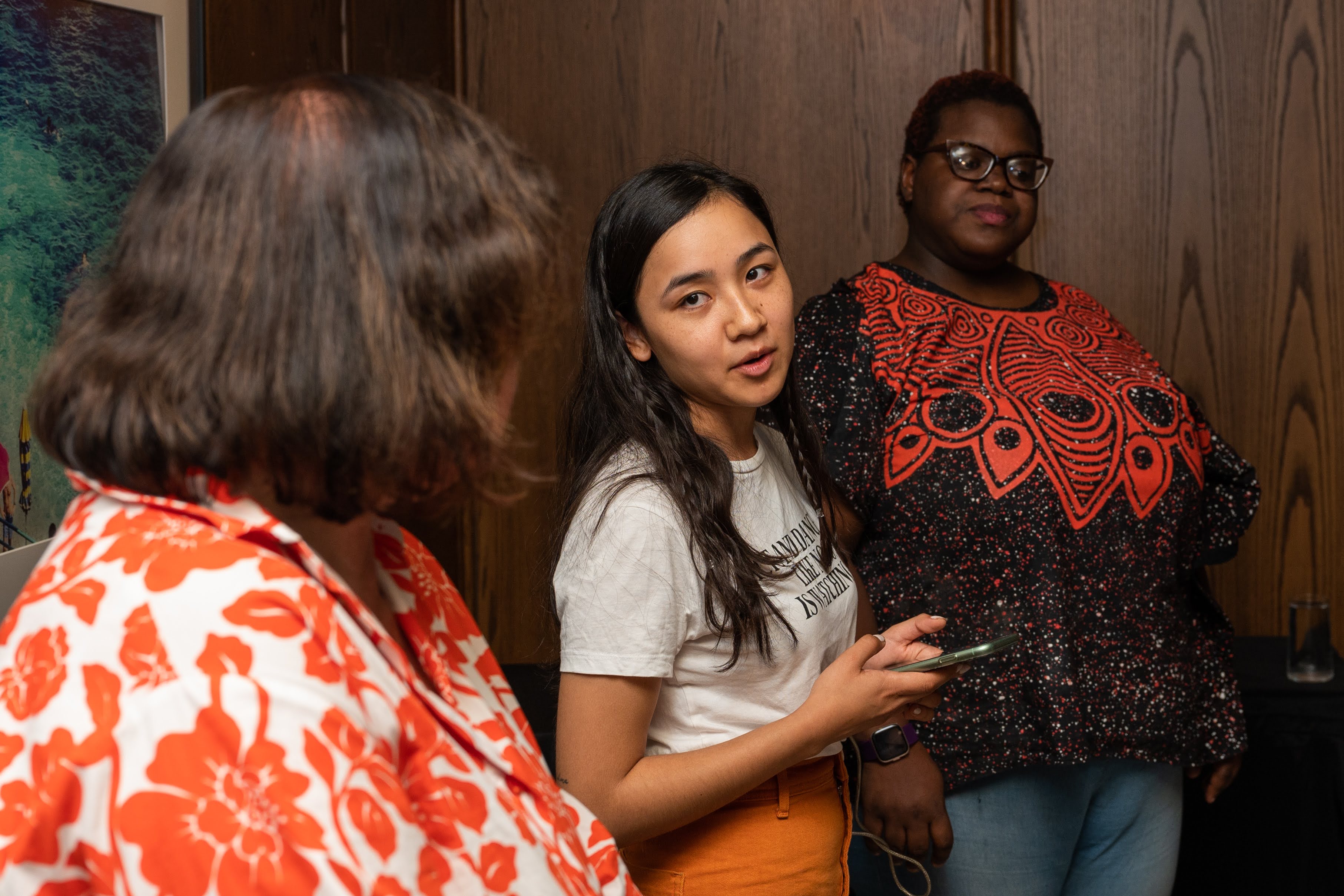
“For me, transformative education means that girls can have equal opportunities to access education. It also means all people should be able to access feminist, anti-patriarchal, anti-racist, anti-colonialist education that respects our identities, and comprehensive sexual education that is normalized and not stigmatized.” - Fernanda Vázquez Rojas, México
Fernanda represents Elige Red, an organization of feminist youth that work on sexual reproductive health and rights and support the political participation of girls and young people in Mexico, Latin America and the Caribbean.
I have been passionately working for improving the quality of education of girls and women with disabilities especially with the use of technology.
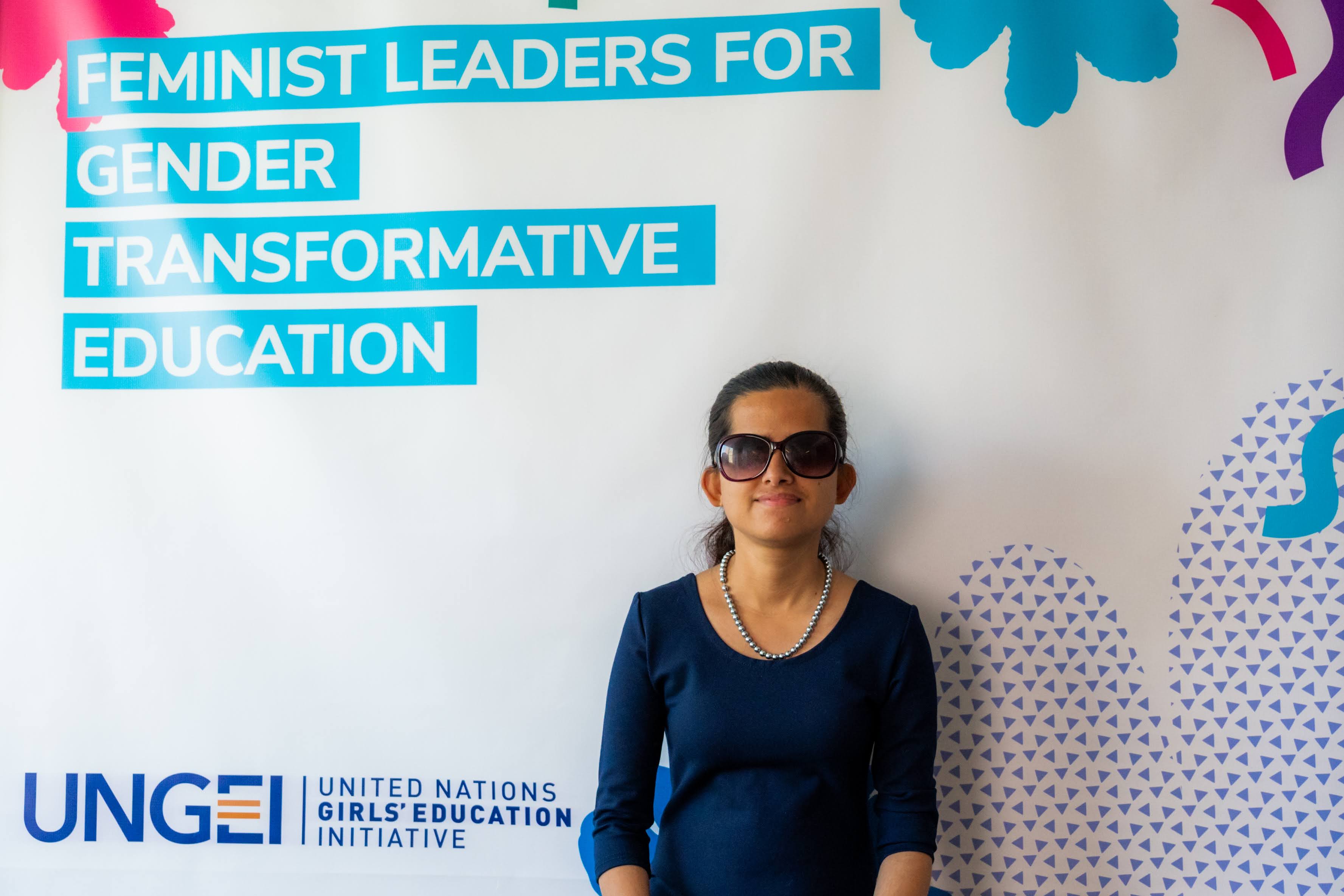
“Being a person with visual impairment, the challenges that I personally have faced while acquiring education during childhood made me think during my teenage years that I will somehow contribute to the education sector for persons with visual impairments… When I started to work in the community, I found that many girls and women with disabilities in the communities have not got even basic education.”
“I have been passionately working for improving the quality of education of girls and women with disabilities especially with the use of technology. When I see improvements in the skills, confidence level and self-esteem of the people of the community that I am working for, it inspires me to work further. I am working and advocating not only for their issue, but for my own issue as I belong to this community.” - Laxmi Nepal, Nepal
Laxmi is Founder and Executive Director at Access Planet Organization which works for the rights and empowerment of girls and young women with disabilities.
Feminism is social justice for everyone regardless of gender identity.
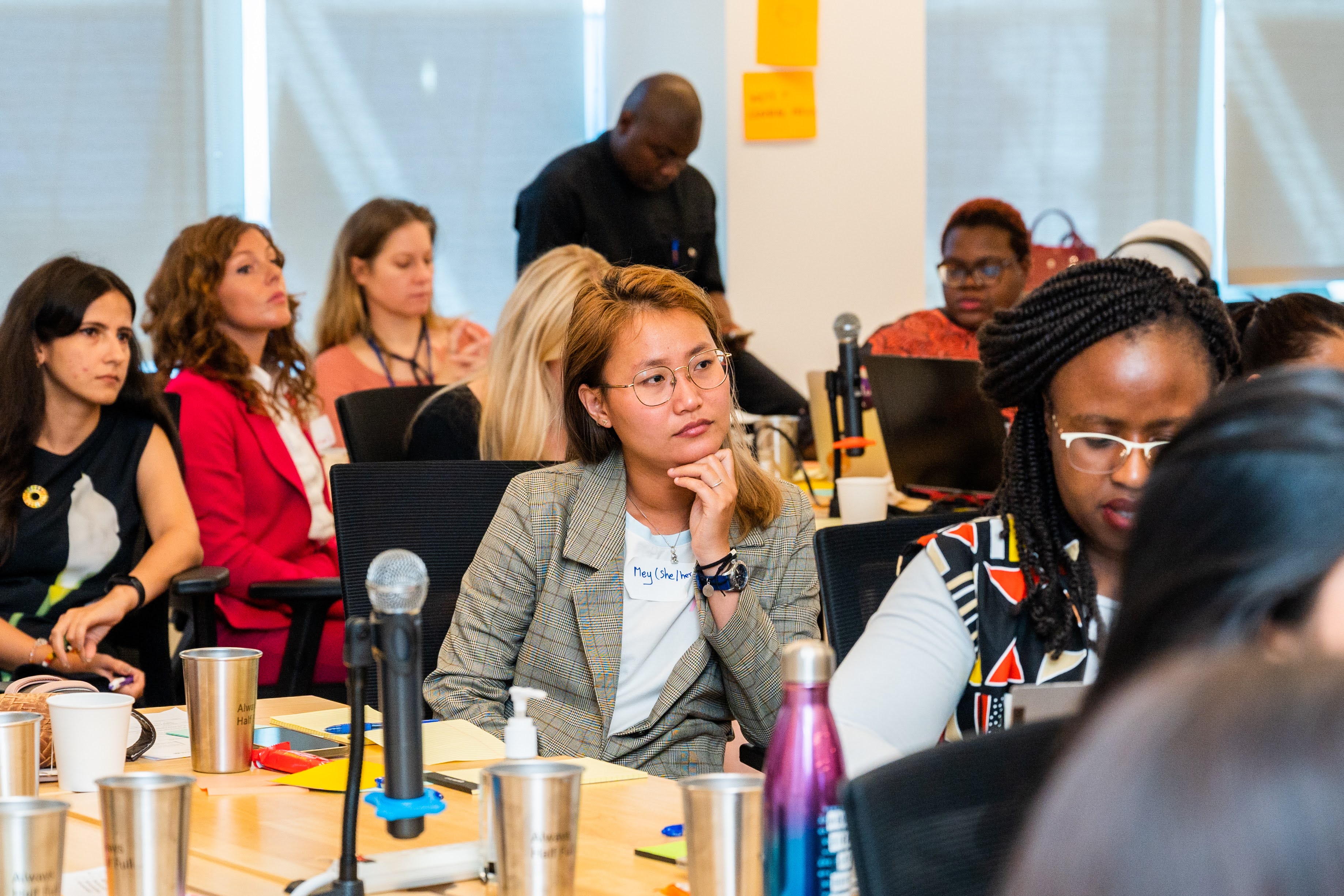
“Growing up in the nonbinary [identity], I have been through some oppressive experiences like harassment and bullying because of my gender identity, specifically because of the way that I dress.”
“[Gender Transformative Education] is one of the powerful approaches to bring substantive gender equality in education by transforming social injustice to social justice. Feminism is social justice for everyone regardless of gender identity. That’s why we need feminism in education.” - Chea Engmey, Cambodia
Engmey represents Gender and Development for Cambodia (GADC), Cambodia. It is a CSO that works to advance gender equality as a fundamental human right.
Girls are surrounded by a culture of silence growing up.
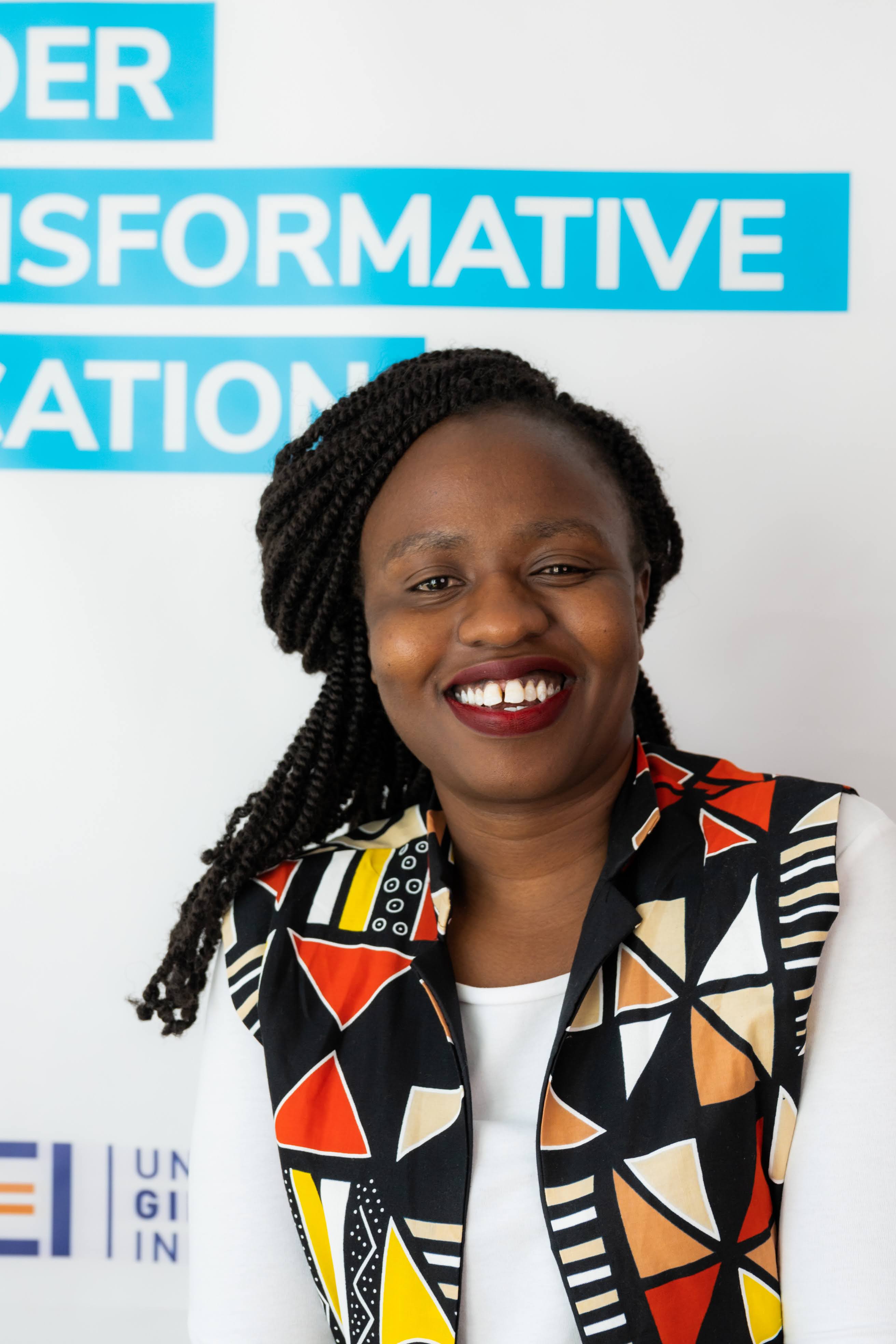
“Girls’ agency has not been centered, prioritized or named. Girls are surrounded by a culture of silence growing up and we take it to adulthood, as women as well. We are not able to ask why. We are not able to say no. We are not able to speak up. Building girls’ agency in the education space from a young age, would allow us to bring up a stronger generation of girls.” - Anika Jane Dorothy, Kenya
Anika works to advance the rights of girls through the organization Amplify Girls, in Kenya, Rwanda, Tanzania, and Uganda. It supports CSOs to lead and collectively work towards improving outcomes for adolescent girls – based on the solutions they identify as best for their communities. They reach over 5,000 girls.
Patriarchy is everywhere-- culture, tradition, and religion-- all of which create obstacles for women and girls.
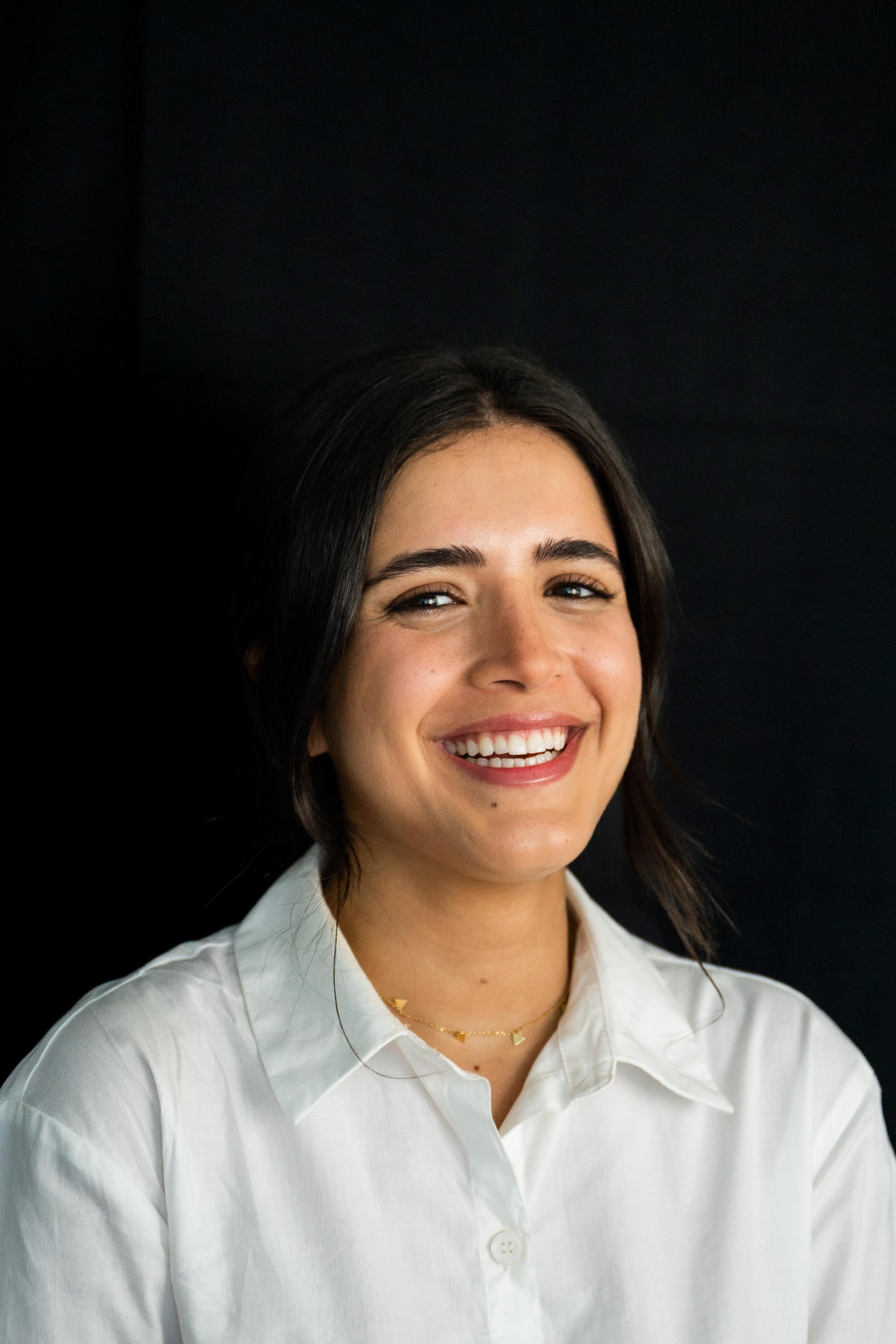
“These trends have to do with patriarchy… and patriarchy is everywhere-- culture, tradition, and religion-- all of which create obstacles for women and girls. This is the reality of the MENA region.” - Samar Elsad, Lebanon
Samar represents Naba’a, which raises awareness among children about the rights they should have, and gives them the skills, materials and abilities to stand up for those rights. They have reached over 30,000 children.
I did not give up and struggled until I produced a change in the worn-out beliefs within my family.
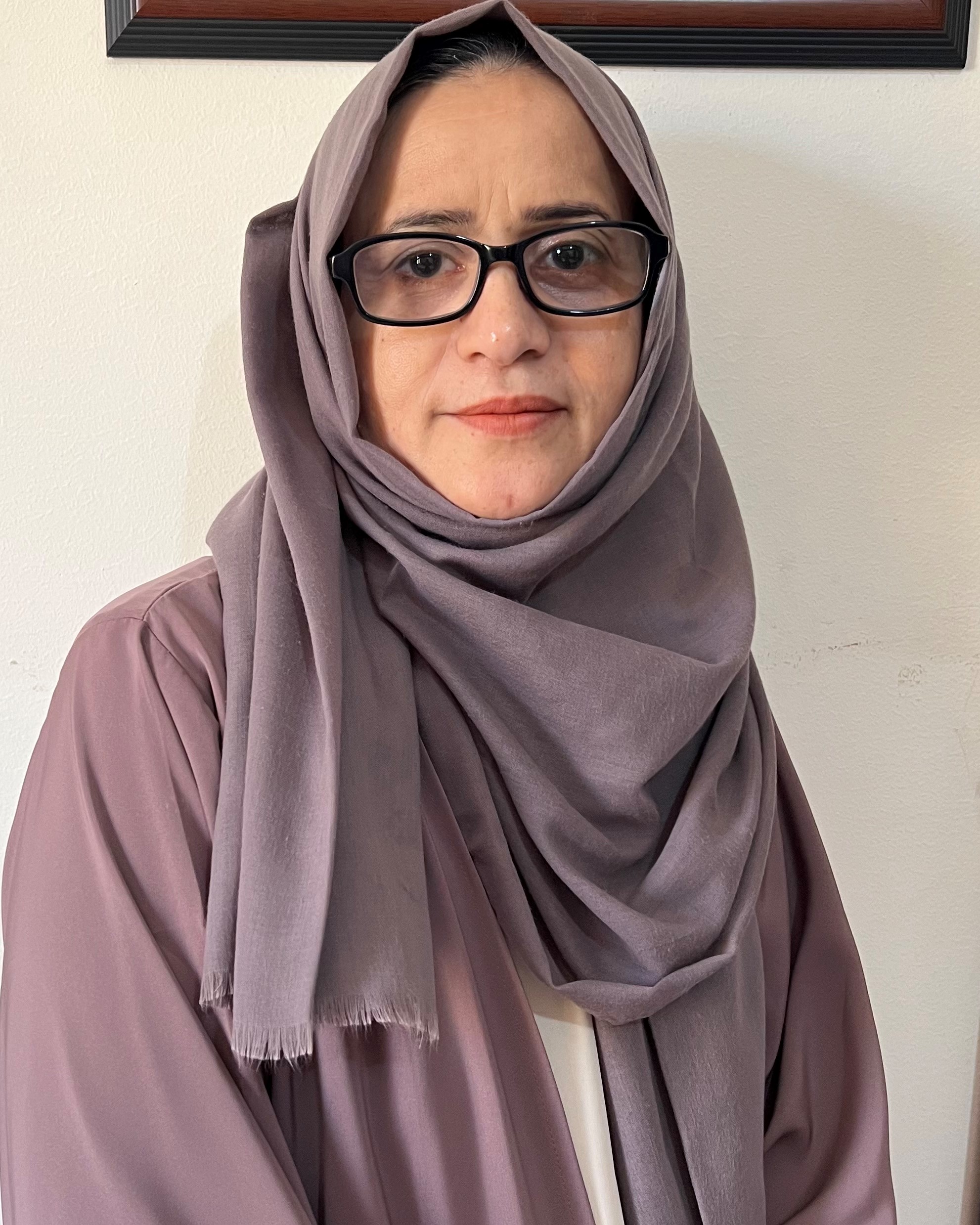
“At first, I was prevented from continuing my education on the pretext that I had grown up and it was forbidden to continue my education with males, and I suffered from a lot of social injustice, but I did not give up and struggled until I produced a change in the worn-out beliefs within my family.”
“The moment I saw the benefits of my work, when I saw a lot of girls went to school, and when I saw mothers and fathers interested in educating their daughters. A lot of change happened in my area, and a lot of girls took me as role models.” - Aisha Mohammed Thawab, Yemen
Aisha is the Chairperson of Abs Development Organisation for Woman and Child. It works with women, children, youths, and minorities to provide innovative and sustainable solutions in responding to emergencies, deliver protection and care services, support the educational process and empower women. They have reached over 4,000 families.
Beyond tracking the number of adolescent girls in schools, I want to see us make more progress in eradicating school-related gender-based violence.
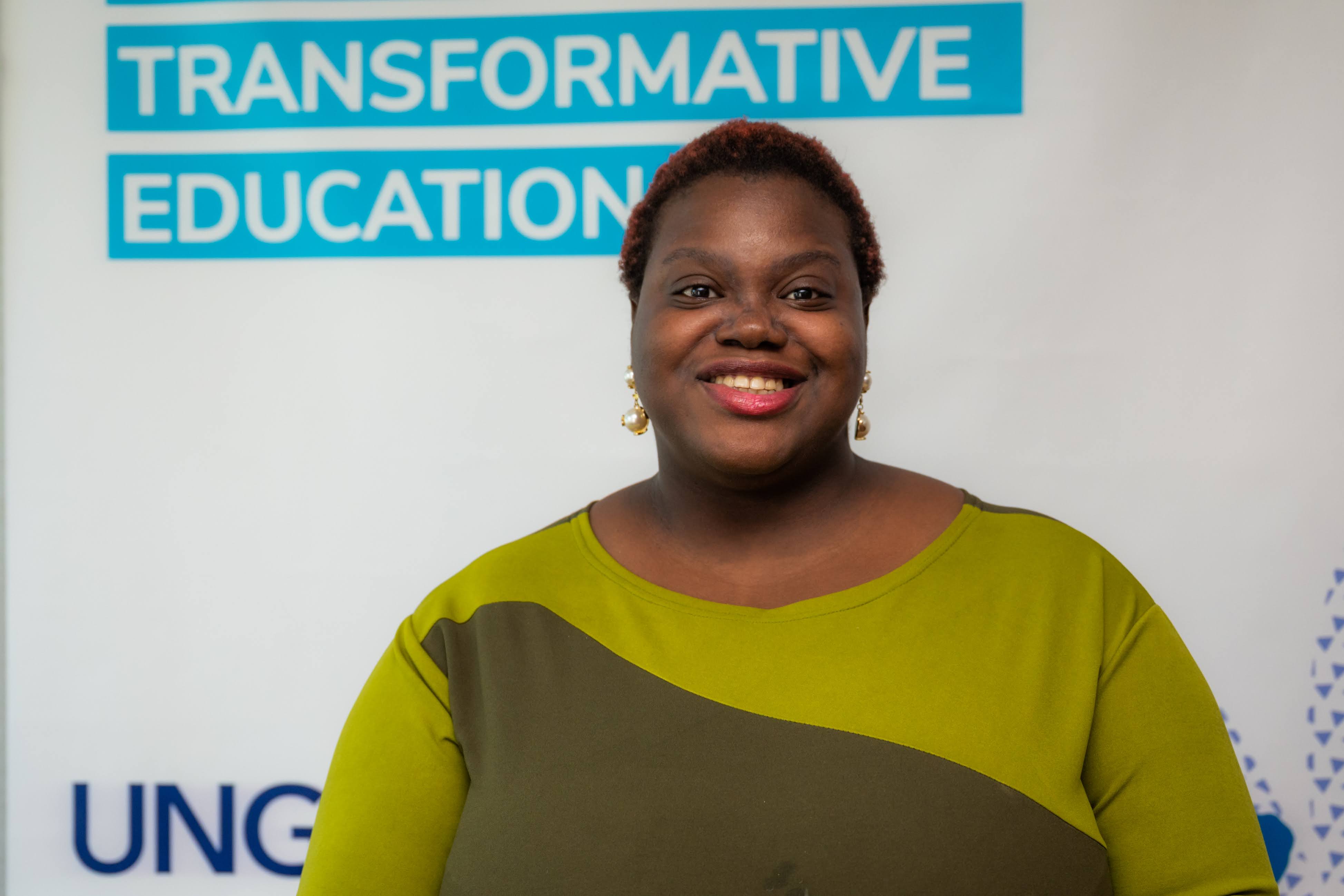
“I want to see governments around the world work more collaboratively with civil society organizations to invest in comprehensive sexuality education and normalize comprehensive sexuality education within education systems across the world. Also, beyond tracking the number of adolescent girls in schools, I want to see us make more progress in eradicating school related gender-based violence and increasing access to menstrual hygiene products in order to ensure that adolescent girls remain in school, they thrive, and they fulfill all of their potential.” - Olaoluwa Abagun, Nigeria
Olaoluwa is the Executive Director of ATHENA Network, a global feminist collective that works to advance gender equality and centre the voices of adolescent girls and young women in the global HIV response.
